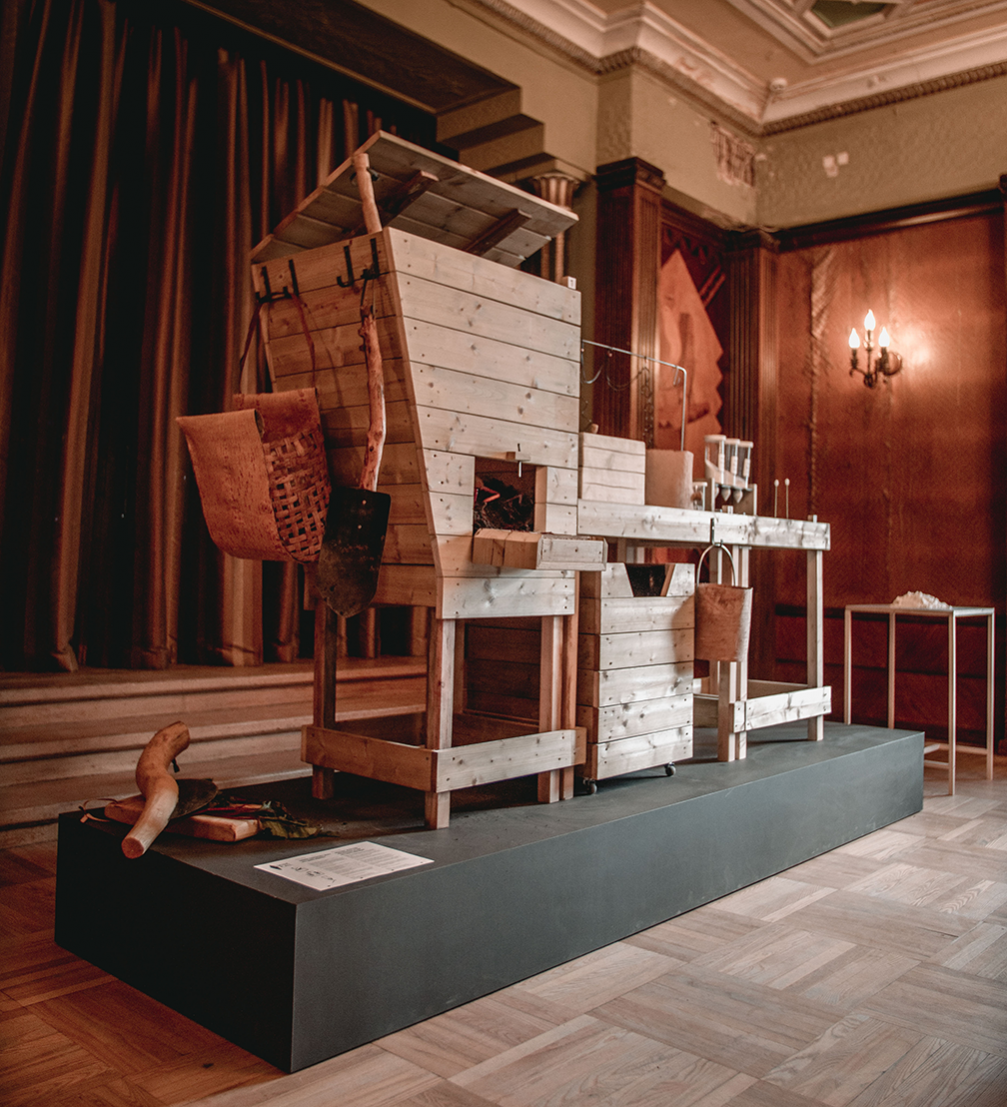
In July, the second MAD International Summer School of Design took place in Sigulda. From August 22 to September 10, the works created during the summer school will be shown at the exhibition in Sigulda castle.
The aim of MAD International Summer School of Design is to understand design and craftsmanship to the bone, while taking action, creating things and experimenting with space and materials. MAD brings together designers, artists, craftsmen, and scientists — people who are unlikely to meet under different circumstances. Theories and hypotheses are tested in practice, creating new things and experiences, friendships and interactions that will continue well after the summer school.
Under the theme «Biorevolution», this year, MAD International Summer School of Design focused on traditional and urban farming. During the summer school, the 19th century Sigulda castle was turned into an indoor farming workshop, where five work groups sought practical solutions for world’s overpopulation and nutritional problems. During a week–long process of creation, useful and aesthetic design and art objects were produced — tools, machines, equipment and systems, which will help people to have a healthy food under conditions of limited natural resources.
«A new form of agriculture has appeared, and it was discovered by designers,» the organisers share their thoughts. «Engineers have turned biology into a design discipline, and it is up to us whether we will know how to use it. Nowadays at home, we can biologically grow our own food, fuel, medicines, fragrances, mushrooms, various fibres and other materials and matters. The world is changing the paradigm of technical objects to that of biological systems — MAD 2017 combines them into one.»
All those who are interested can view the works created during the MAD International Summer School of Design at the exhibition in Sigulda castle. The exhibition will run from August 22 to September 10 at Pils iela 16, Sigulda. Exhibition hours: Tuesday to Sunday 11.00 to 17.00, free admission.
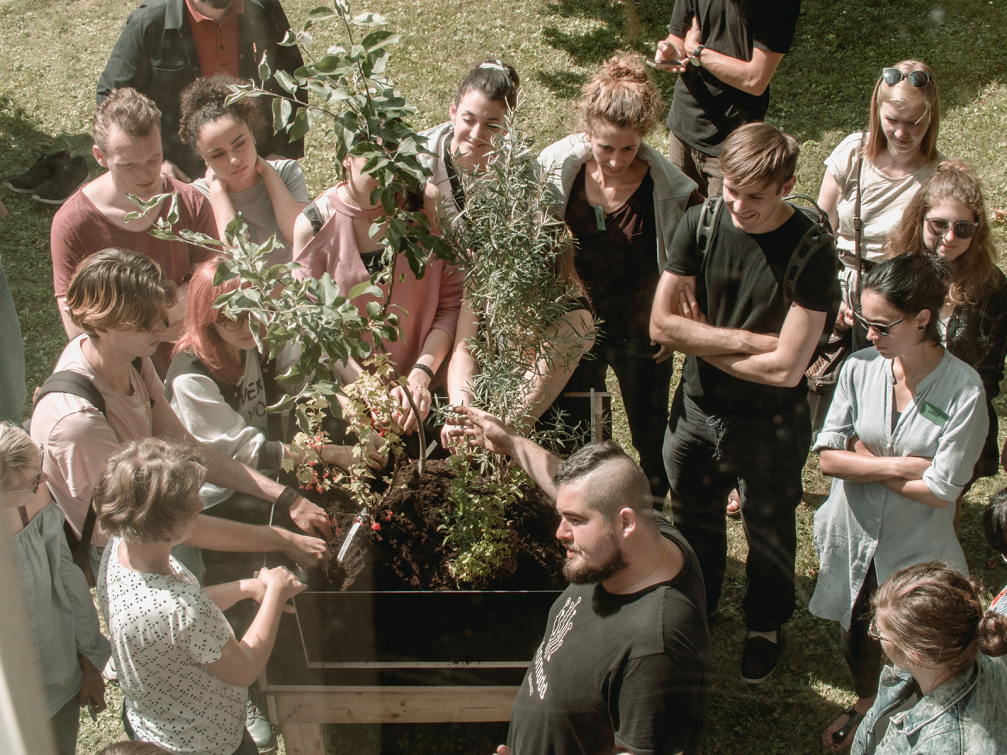
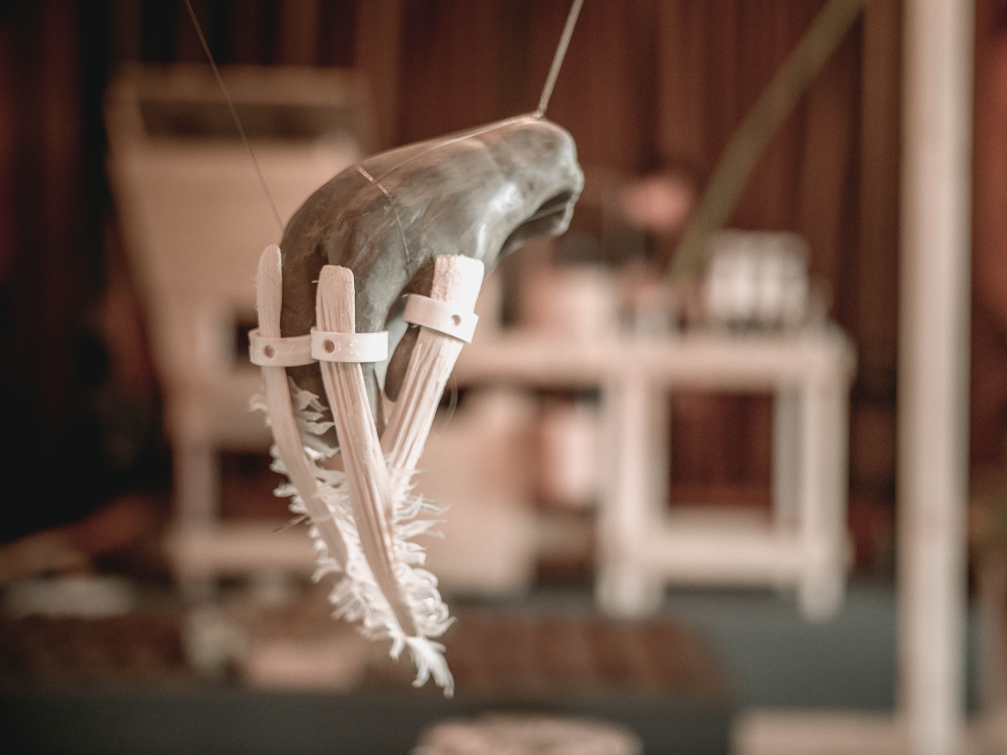
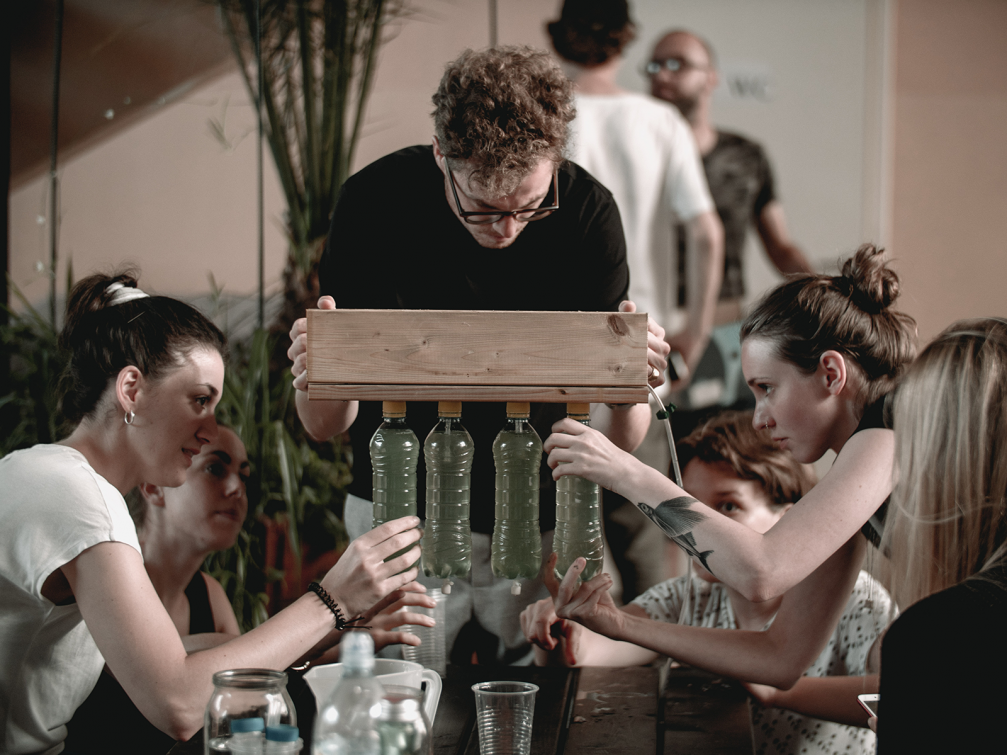
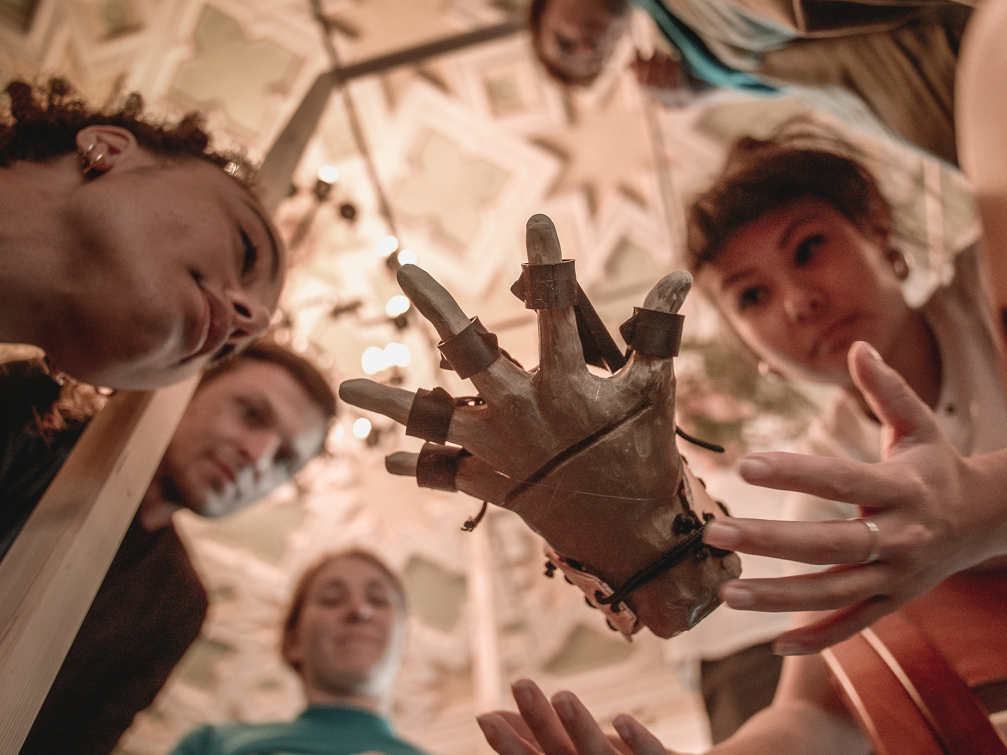
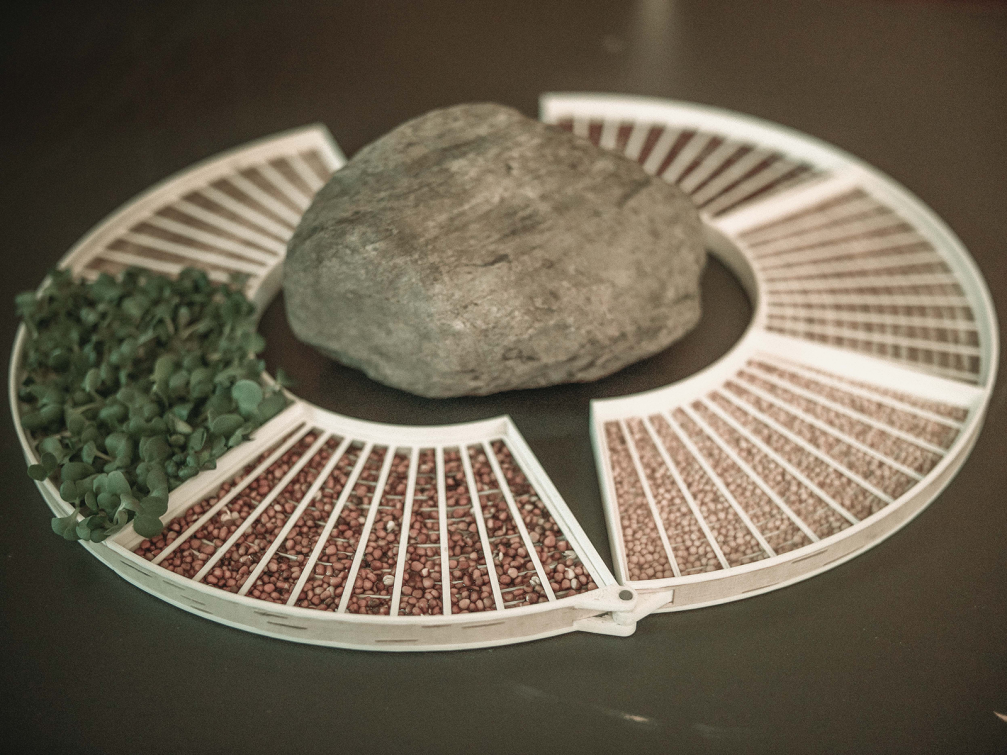
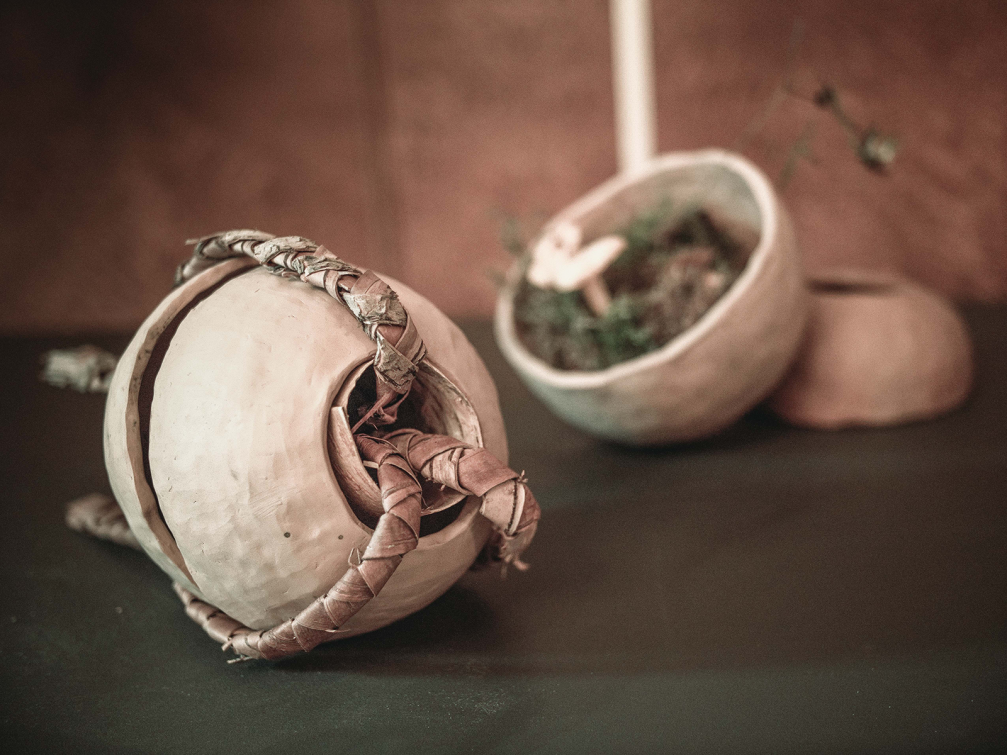
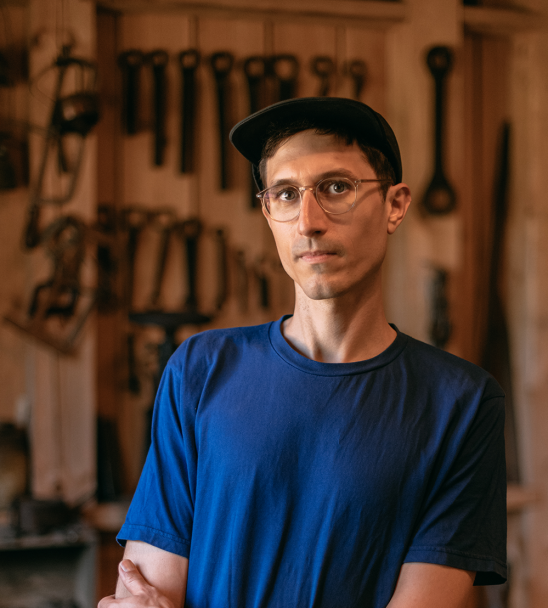
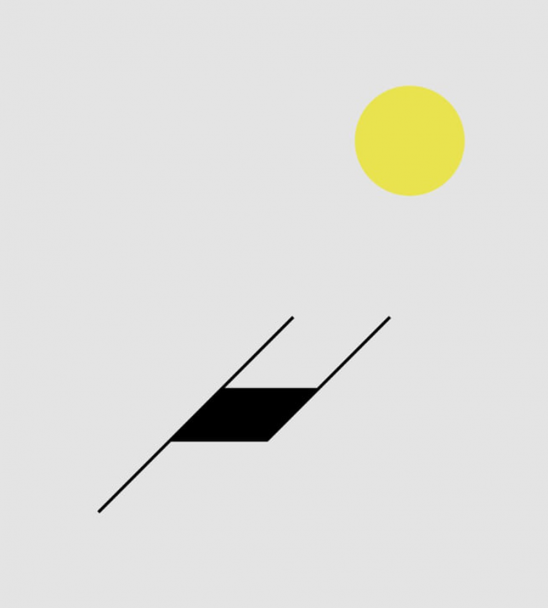
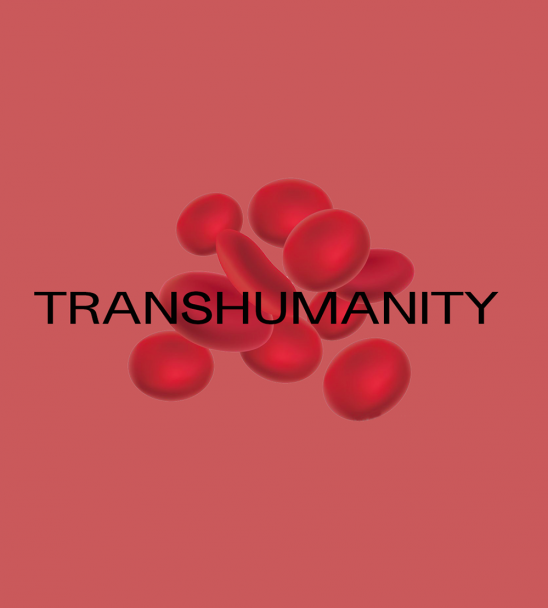
Viedokļi